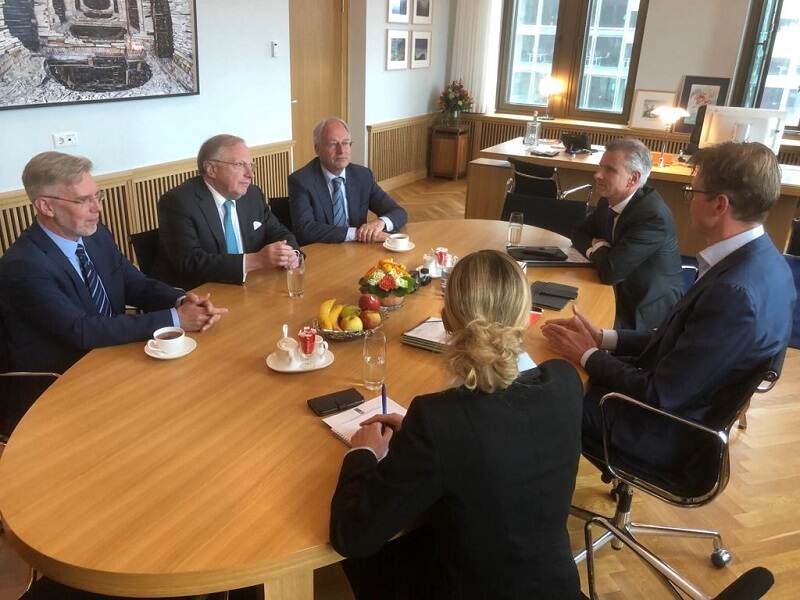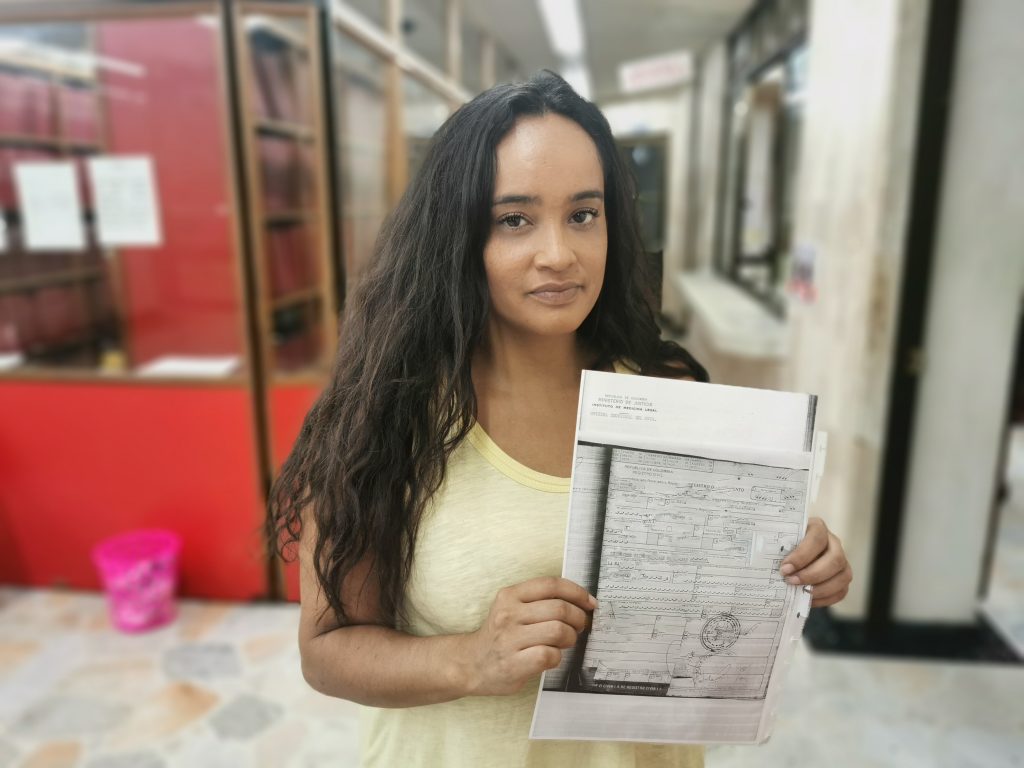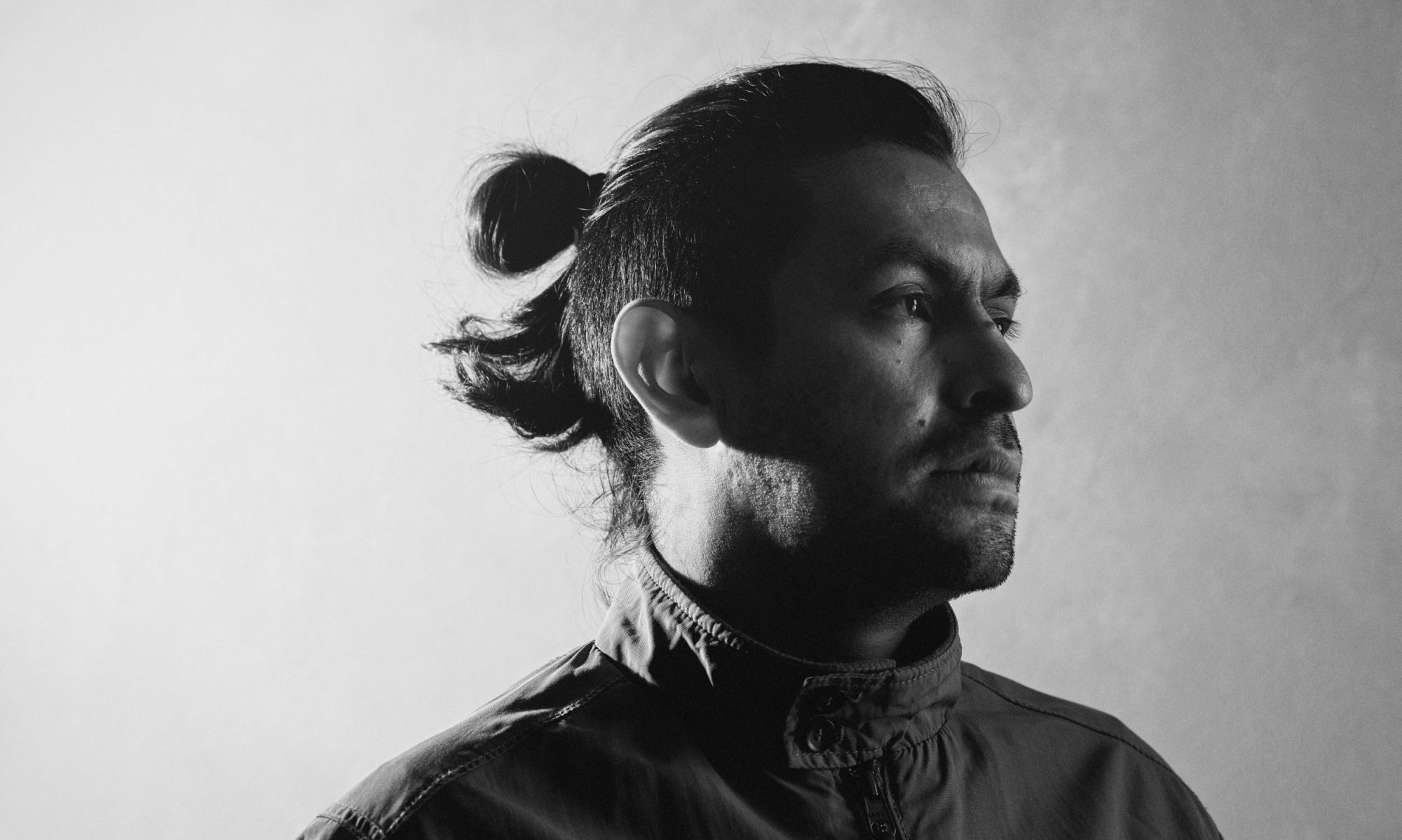Julián Sarmiento Escobar
Translated by Marianna Soroka
The Hague, 18 April 2021
In Colombia, there are mothers who have been trying to trace their children for more than thirty years. There are also brothers and sisters searching for their lost siblings. These families are suffering a painful separation, overshadowed by good intentions. At the same time, at the other side of the Atlantic, other people are searching for their real identity. They feel different than others and can no longer bear not knowing their true past. All of them share the same DNA and the fact of being victims of a seemingly perfect system created within a seemingly perfect society. Feeling invisible, they keep fighting for their own voice and the truth.
On February 8th 2021, the Dutch government released a document that left the entire country speechless. The Joustra report reveals shocking abuses in the adoption system established between the Netherlands and a number of other countries (Sri Lanka, Indonesia, Brazil, Bangladesh and Colombia). Dutch families had been so determined to adopt children from these places that the officials had turned a blind eye on many illegal practices, which included distancing children from their families in exchange for money or by force, child trafficking, kidnapping and so-called “baby farming” (breeding places). After the release of the report, the Netherlands immediately suspended all adoptions from abroad and the government officials apologized to the victims.

© Ministerie van Justitie en Veiligheid / Robert Huiberts
The investigation was initiated by the Dutch Minister of Social Protection in 2019. The committee led by Tjibbe Joustra investigated procedures of international adoption in the Netherlands between 1970s and 1990s..
Nevertheless, complaints concerning foreign adoption cases had been occasionally brought up in the media before. Back in 2012, journalist Manuel Teodoro released a documentary exposing irregularities of the system, in his show Septimo Dia. Almost ten years later, the exact same irregularities were repeated in the report presented in The Hague.
Marcia Engel was one of the persons who participated in the documentary. Today she is among the most important activists fighting for the truth behind foreign adoption practices. She is also a chairman of Plan Angel, a foundation established in the Netherlands in order to help reuniting separated families by providing DNA tests for those searching for their children. Although the report describes many dramatic stories, Marcia is being very optimistic about its outcome: “It feels like a victory! And it’s just the first step towards recognition” – she declares.” We have been working for so many years, trying to make people aware that there is another side to adoption. People are acknowledging now that things went wrong in the past and it is an achievement.“
What is happening on the Colombian side?
Apart from the description of the illegal practices, the Joustra report also focuses on their origin. One of the most important reasons for which international adoption became so common in Colombia is the military conflict that has lasted there for more than fifty years. As a result, many Colombian children became orphans and, according to Unidad para las Víctimas (The Unit for the Victims Assistance and Reparation), about eight million of Colombian citizens were forced to leave their homes and move to other places. This is why possibilities of domestic adoption decreased dramatically.
The authors of the report analyzed the work of Instituto Colombiano de Bienestar Familiar (The Colombian Institute of Family Welfare), the institution responsible for Colombian minors. They observed a slow improvement in information systems, such as public records and databases. At the same time, there was a tendency to alter or create false documents in order to facilitate certain procedures. While reviewing records of the adopted children, the committee discovered that it is impossible to trace their paths. There is a lot of information missing or it seems to have been altered. Even though there are incredibly successful adoption stories, others are full of crime and despair.
In a press conference following the Joustra report, ICBF confirmed that Dutch officials came to Colombia in order to research international adoption cases in the above-mentioned period. The organization defends itself by stating that the Colombian adoption program fulfills all the requirements of international agreements.
Marcia believes that the adoption system prioritizes adoptive parents over adopted children. As the exchange is based mostly on mutual trust between different countries and their institutions, there is also space for falsification and alteration of adoption documents. There are examples of certificates stating that a child was an orphan while they actually had a family willing to take care of them. That is why Marcia claims that the Colombian government is the one responsible for the failed cases.

Marcia was born in Bogota and was adopted by a Dutch family. It seemed like she had everything she could ask for, but at home she felt lonely and totally vulnerable. She was sexually abused by her new family members since the age of three. She also spent many years feeling discriminated because of being ethnically different. These experiences have strongly marked her life, but they have not determined it. She eventually managed to find her biological mother, although the process was very long and it demanded a lot of effort and money. She also discovered that her birth certificate used for adoption had been falsified and that both sides of the process had been misled or forced. “I am one of the victims,” tells Marcia. “My mother was forced to sign adoption documents and the record that was sent to my adoptive parents states that I was an orphan. When I found my mother, I discovered another birth certificate with my mother’s name on it. The one that was delivered to my adoptive parents claimed that my biological parents were unknown.“
The acknowledgment
The report focuses on the period between 1967 and 1998. An estimate of 2700 Colombian children per year were given up for foreign adoption between 1984 and 1994, which sums up to about 30000 persons in only ten years. About 5400 of them ended up in the Netherlands.
In the past years, organizations such as La Comisión de Verdad (The Truth Comission) and Centro Nacional de Memoria Histórica (The National Center of Historical Memory) have focused on collecting, publishing and sharing testimonies of victims of the military conflict in Colombia, in order to fully understand its social impact. Stories of the adopted children are expected to be included as well. As the Joustra report claims, many of the minors became orphans due to the war, their parents’ deaths, as well as other reasons. A lot of female Guerilla fighters became pregnant involuntarily and could not or did not want to take care of their children.
The future
Even though the tragic past has overshadowed the lives of the victims, Marcia and her foundation try to concentrate on ways to provide a better future. “We’re not only going to complain that other people don’t do their job. We want to help and prevent, too“- says Marcia about her new project.
This year, Plan Angel is planning to buy a piece of land in Colombia and build a self-sufficient community center for vulnerable single mothers. The idea is to prevent women from giving their children up for adoption by educating them about their rights and providing a support network. Hopefully it will eventually create more growth opportunities for single mothers as well as for their children.

